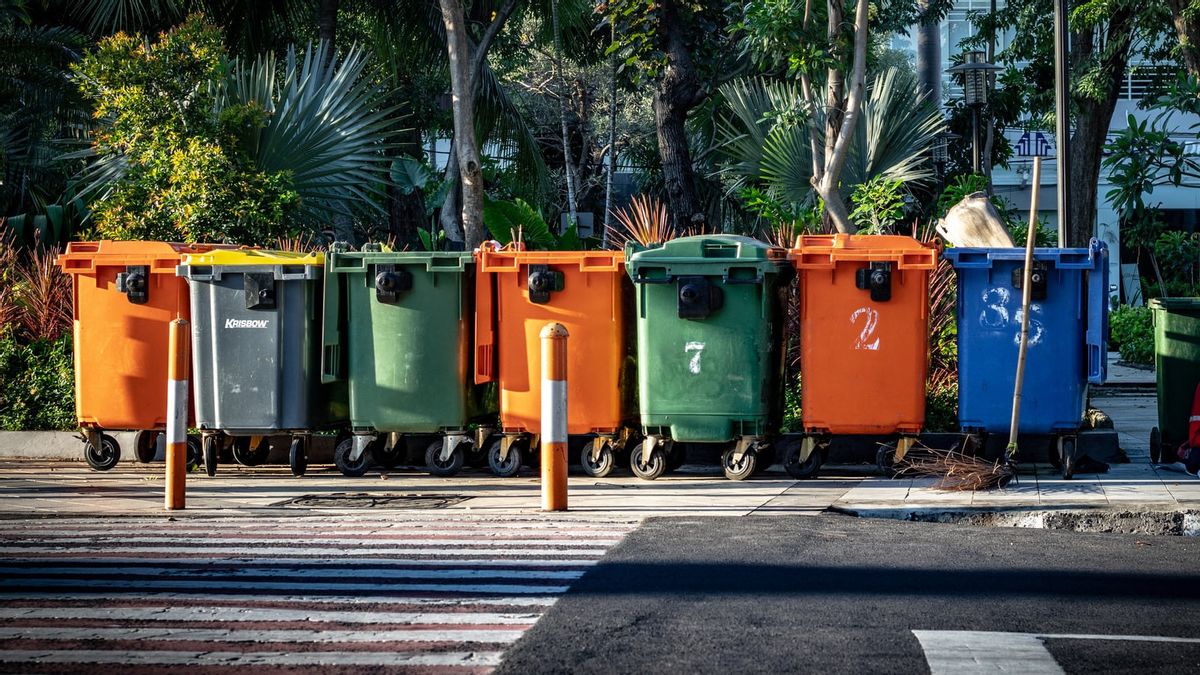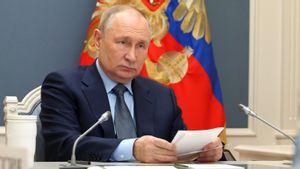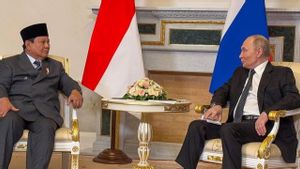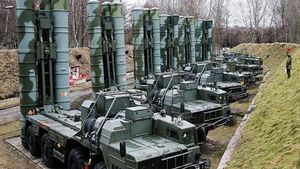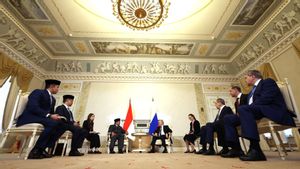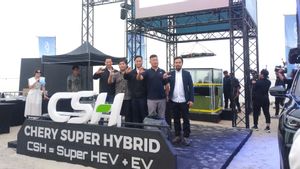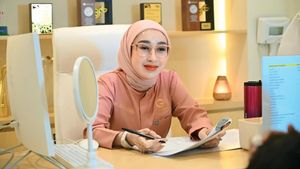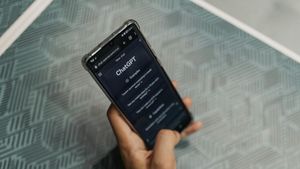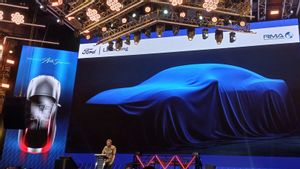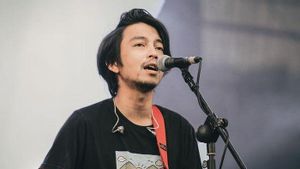JAKARTA - Green open space (RTH) in the city of Surabaya has reached 22 percent. This means that the city has 7,358.87 hectares of green space.
"This means that the area of public green open space in Surabaya has exceeded the minimum limit recommended by the central government," said the Mayor of Surabaya, East Java, Eri Cahyadi in Surabaya, Thursday, February 17, quoted from Antara.
The 22 percent public green open space consists of 284.95 hectares of tomb open space, 361.08 hectares of field and stadium green open space, 198.23 hectares of lake/reservoir/boezem green open space, 205.50 hectares of public and residential public green space, and 205.50 hectares of public green space. RTH for protected areas covering an area of 4,570.33 hectares, RTH for forest parks covering an area of 66.03 hectares, and green open space for parks and green lines (JH) covering an area of 1,672.75 hectares.
However, Mayor Eri said that his party was committed to adding green open space throughout the City of Heroes. This is done to provide comfort to its citizens.
He explained, in the context of developing green open space in urban areas, a city must be able to fulfill the area of public green open space at least 20 percent according to the mandate of Law Number 26 of 2007 concerning Spatial Planning.
According to him, the large amount of green open space can absorb CO2 of 642,794.59 tons/year. In fact, with the number of green open spaces, the achievement of the IKU (Air Quality Index) of the City of Surabaya is 90.31, which means that it exceeds the achievement of the national KPI.
"Thank God, Surabaya's air quality continues to improve every year, especially from 2016-2020," he said.
In addition, the city of Surabaya is also able to improve environmental quality through the green community participation movement with the 3R movement and also the Waste to Energy program using the gasification method.
"Surabaya has also developed the concept of Green Transportation and Green Buildings. We have also used solar power plants at 74 intersection points. We continue to develop these various innovations, the main goal is to provide the best for Surabaya residents," he said.
The English, Chinese, Japanese, Arabic, and French versions are automatically generated by the AI. So there may still be inaccuracies in translating, please always see Indonesian as our main language. (system supported by DigitalSiber.id)
